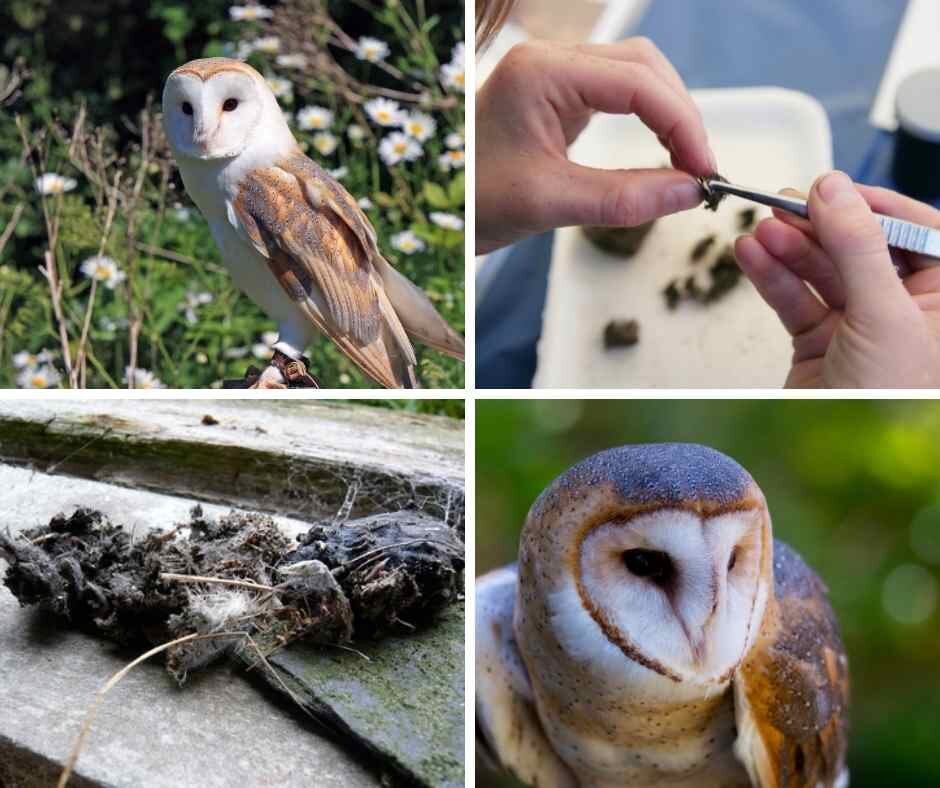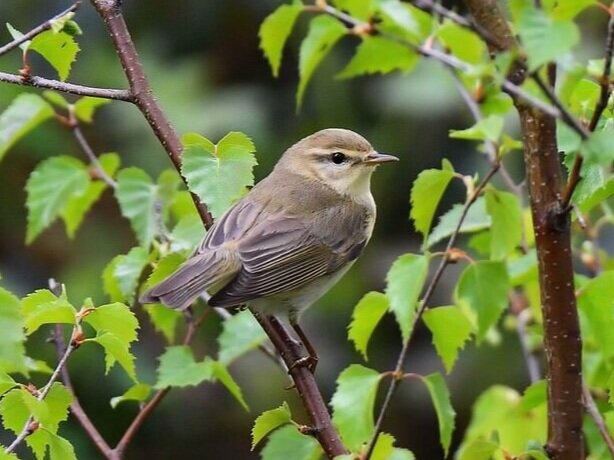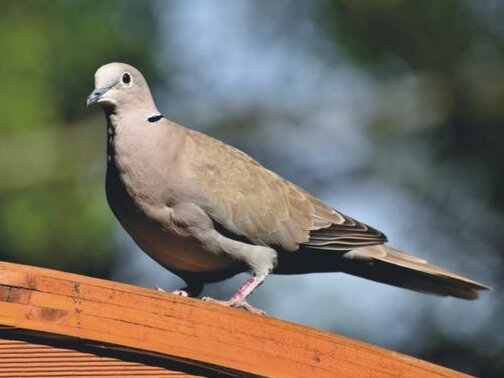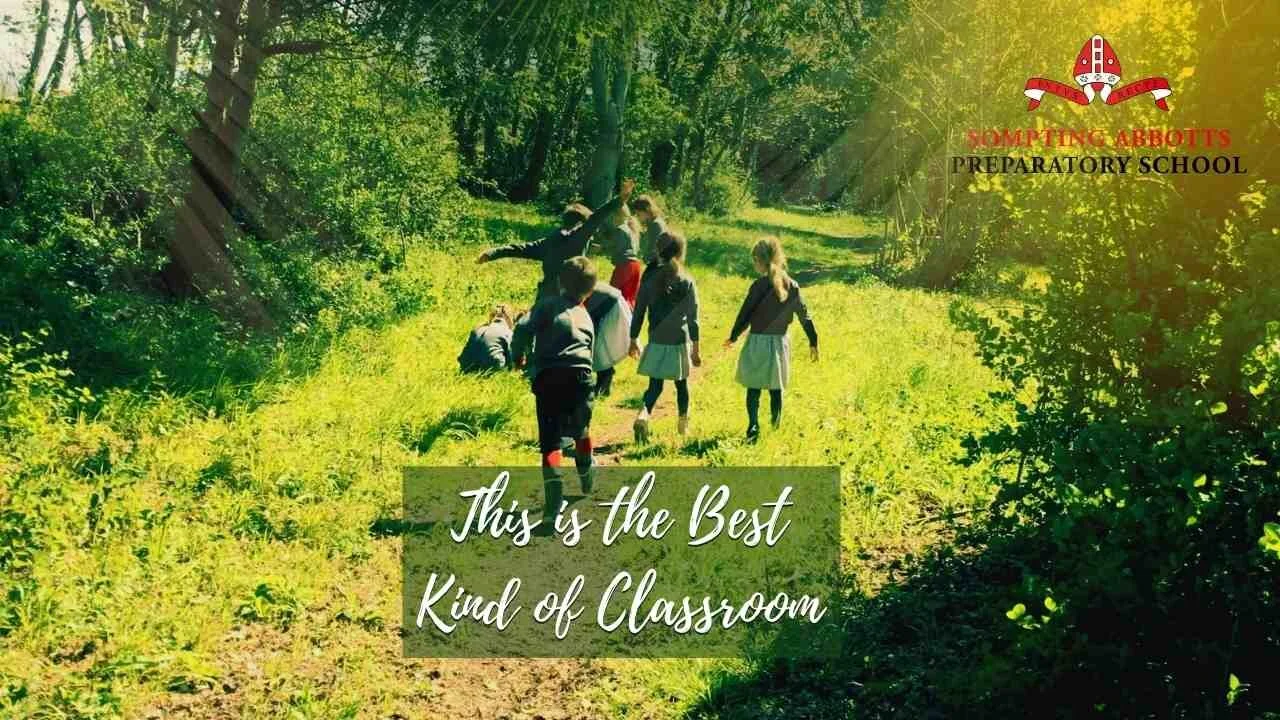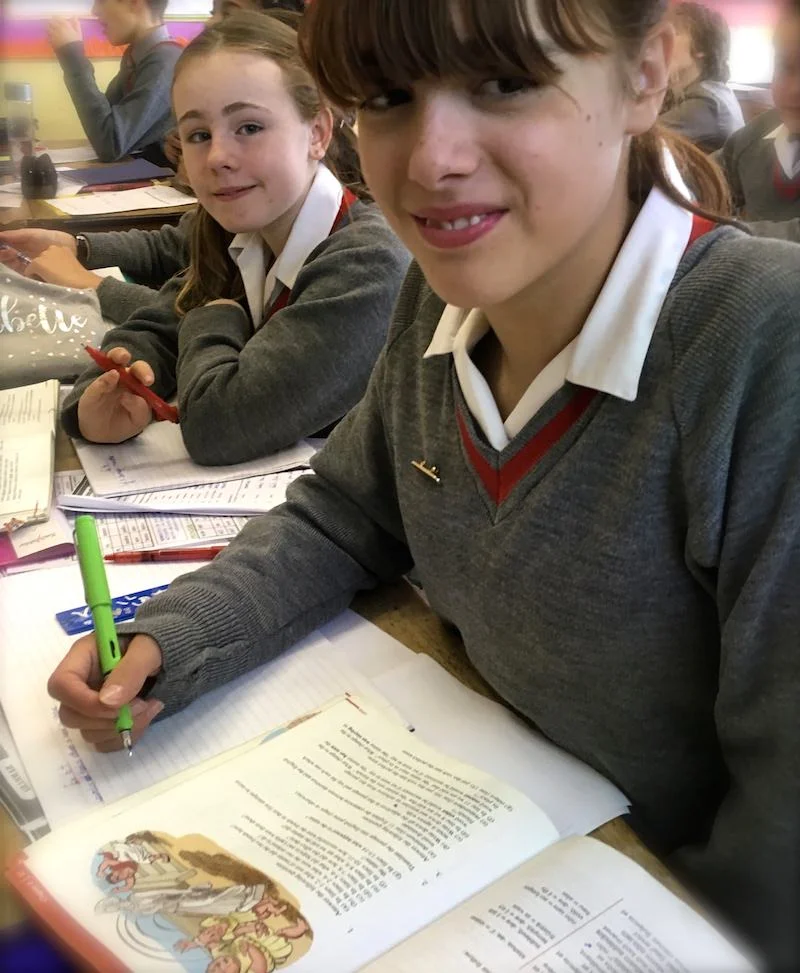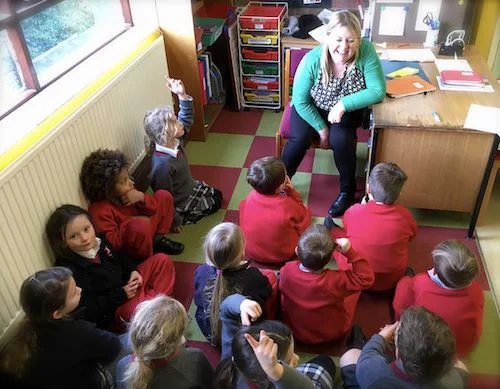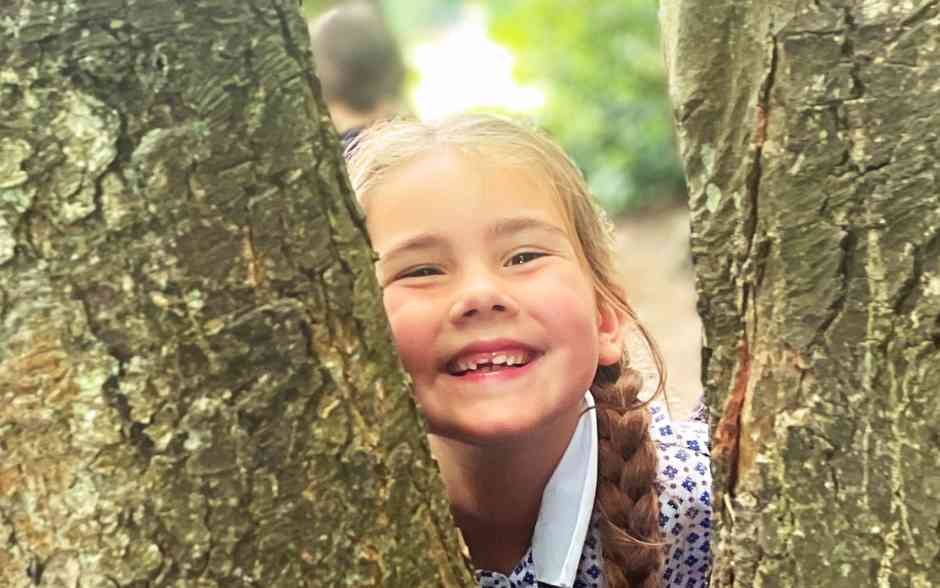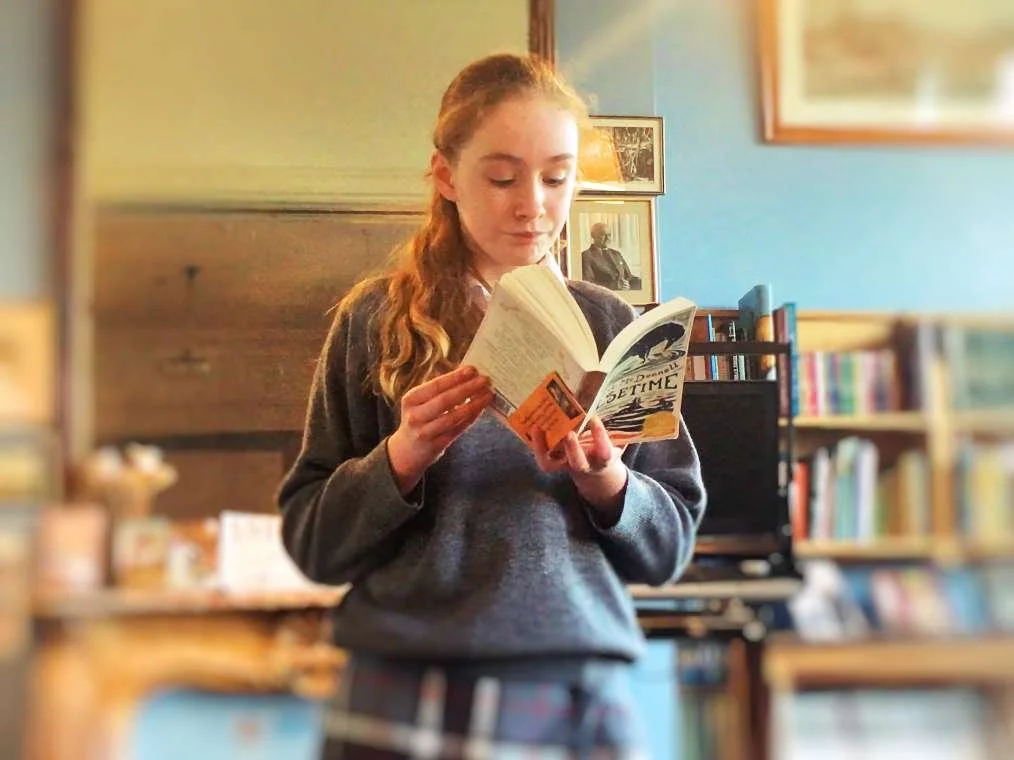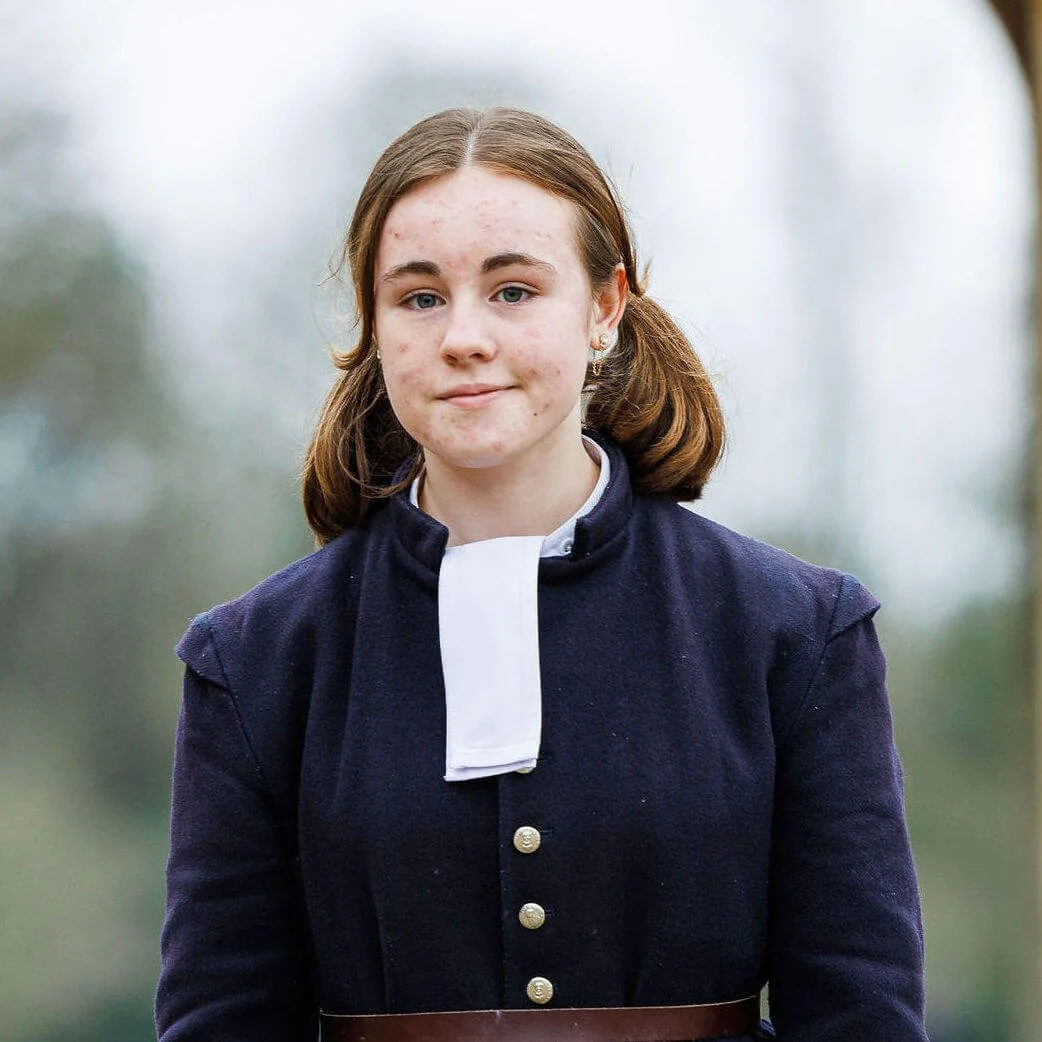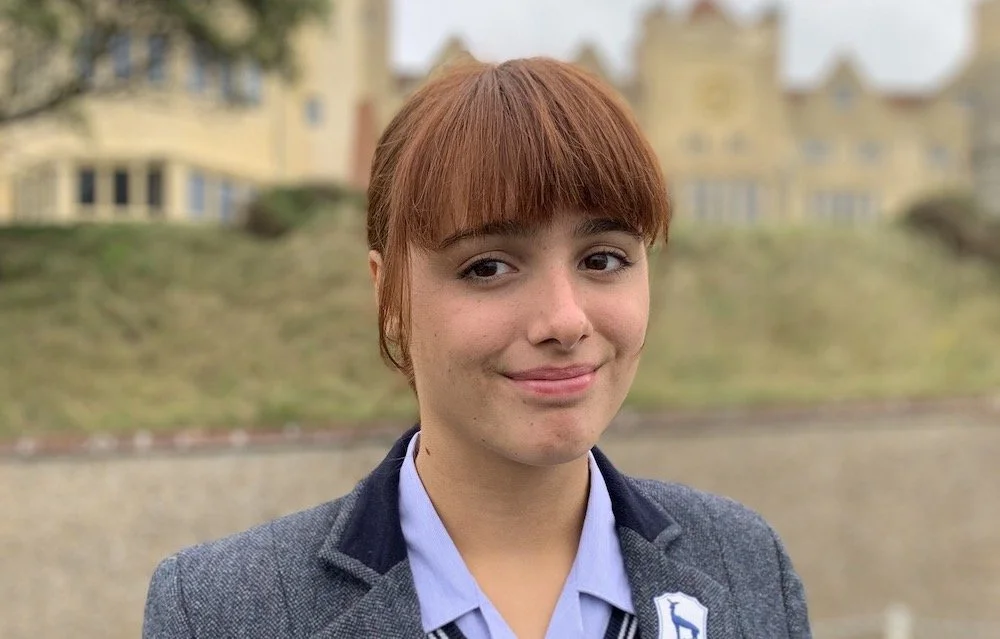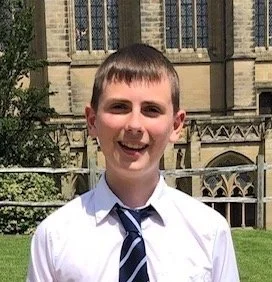Birdwatching for young environmentalists at Sompting Abbotts
/“My children can now identify sparrow hawks and buzzards. They know the sound of a song thrush and blackbirds,” wrote a parent in Sompting Abbotts’ recent school satisfaction survey.
That's down to Sompting Abbotts’ teacher Mr David Buckingham (or ‘Mr B’ as he’s known to the children).
Mr B, who has a B.Sc. in Environmental Sciences and is a RSPB life member, is passionate about birding and natural history. “I love encouraging children to be take an interest in the natural world around them,” he says. “Having a class of ‘captive’ children makes that easier!”
“Birdwatching is just a wonderful way to start the day in nature and understand the connectedness of everything.”
– David Buckingham
Birds sing most in the morning (and other wildlife is more active). So Mr B takes his class out into the school grounds for 'Tweet of the Day' bird-watching sessions many mornings early before Assembly. They have binoculars, recording equipment and notebooks in tow.
“I focus a lot on teaching the children to identify birds by their calls and songs,” he says. “Since a lot of the children learn instruments at Sompting Abbotts and are quite musical, I’ve noticed that they often have a pretty good recall.”
Birdwatching begins with mindful listening – a worthwhile skill in itself! “I ask the children to stand still and stay silent for a minute or two and to tune in to the sounds around them – to the rustle of leaves, to the breeze through the trees and to any bird song,” says Mr B.
Elephant ears
Says Mr B: “I teach the children that by cupping your hands behind your ears to make giant elephant ears, it increases the acuteness of your hearing. By turning their heads, they can then distinguish different bird songs from different directions.”
There are plenty of South Downs birds for the children to spot in the grounds – from wrens to skylarks to linnets to buzzards (the latter roost regularly in the school’s wooded areas),
The school’s 30 acres of grounds offers a mix of habitats including woodland, grassland, hedgerows and a wet pond area, plus there are barn owls nesting in the school’s old outhouses.
“The children love going in to the school’s old outhouses to find fresh owl pellets. We sometimes then dissect the regurgitated remains,” says Mr B. “They usually contain the remains of four or five small mammals such as voles and mice.”
Barn Owls are unable to digest the fur and bone of their prey, which they swallow whole. The indigestible parts are regurgitated (coughed up through the beak) in the form of an owl pellet.
“I also use onomatopoeic phrases to help the memory process in identifying the songs and calls of birds. It links in to their English lessons; e.g. chiffchaff calls its name and the jackdaw says ‘jack’. For the wood pigeon, I use the mnemonic: ‘Who are you Betty?’ and for the collared dove: ‘Who are you?’”
“There is a lot of scientific evidence demonstrating that experience of nature can benefit children’s health and wellbeing.
The sounds of the outdoors, such as birdsong, wind, and water, can also improve mood and reduce stress.
Birding helps children ‘tune in’ to nature. To find birds, they have to listen mindfully and they have to look, first for sudden movements, and then focus in on the bird to look for distinguishing marks, colours and behaviour.
Tuning in to the sights, smells and sounds of nature is a good way for children to improve their attention and focus abilities and sensory processing function.
But it doesn’t always come easily. Patience is needed. And most children benefit from developing patience!”
“I often use the bird apps on my phone to reinforce the learning process. Or we’ll watch a short video about that bird when we get back to the classroom.”
Mr B encourages the children to make a note of the sounds they’ve heard and the birds they’ve discovered. “I think children are naturally inquisitive and like collecting so keeping a list of what we see is fun,” he says.
“I don’t want to make it sound like too much of ‘a lesson’. Birdwatching (and bird listening) is just a wonderful way to start the day in nature and understand the connectedness of everything.”
Sompting Abbotts was named a finalist in the Independent Schools of the Year 2021 Green Awards.
Interested to recognise bird song yourself? This guide might help
Headmaster Mr Douch and Mr 'B' shared their birding knowledge and love of the natural world when they were invited to appear on Attain's Fresh Thinking programme, the independent sector's leading publisher for parents and schools. This lovely interview covers a lot about the value of outdoor education for children – and Mr Douch stuns the interviewer (9 minutes in) when he is asked to recognise the call of a very unusual bird! Click the image to watch or visit: https://attain.news/freshthinking/episode35






